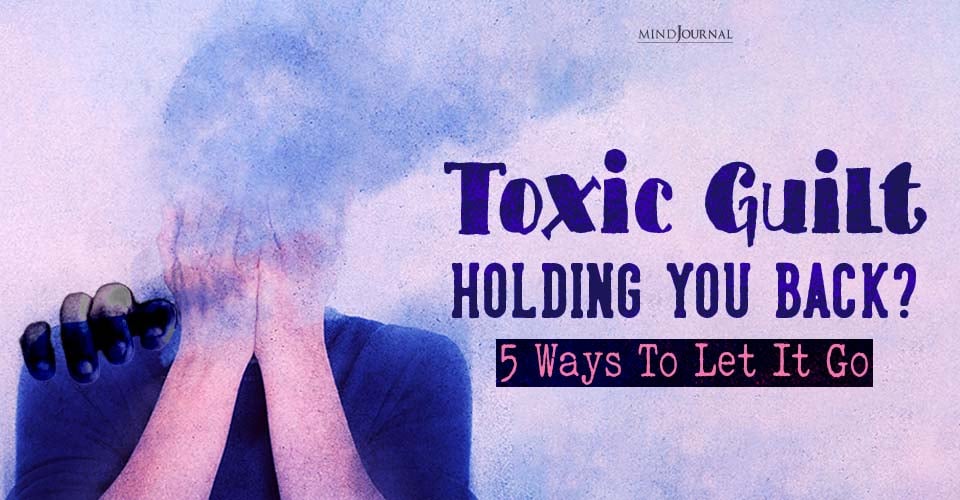Taking a mental health day from work can be a crucial step in prioritizing your well-being. In this article, we’ll explore the importance of these days and how to make the most of them.
You deserve to prioritize your mental health, and sometimes that means taking a step back from the daily grind. That’s where taking a mental health day comes in – a day off work or other responsibilities to focus on yourself and your well-being.
Can you take mental health days from work?
Mental health is just as important as physical health, yet it’s often overlooked or pushed aside. However, ignoring your mental health can have serious consequences, affecting everything from your work and relationships to your overall quality of life.
Taking a mental health day from work is absolutely okay and normal.
It’s absolutely fine to take a break from work or other responsibilities to prioritize your mental health.
Remember, taking care of yourself allows you to better take care of others and fulfill your responsibilities in the long run.
Let’s explore further, why taking a mental health day is so important, and how you can make it a regular part of your self-care routine.
World Mental Health Day 2023, celebrated every year on October 10th, brings attention to the importance of mental health awareness and advocacy.
While this day serves as a reminder to prioritize mental health, it’s important to remember that taking a mental health day anytime we feel that it’s necessary is also normal.
Below are some signs you need a mental health day!

4 Signs You Need A Mental Health Day From Work
1. You feel overwhelmed and, are unable to focus
Do you ever feel like you have a million things on your to-do list, but can’t seem to make progress on any of them?
It’s normal to feel overwhelmed from time to time, but when it starts affecting your ability to focus and be productive, it’s a sign that you need to take a mental health day.
Feeling overwhelmed and unfocused can lead to increased levels of anxiety and stress, making it even harder to get things done.
Here are some examples of what this might look like
- You’re easily distracted and find it hard to concentrate on tasks.
- You’re procrastinating and putting off important tasks.
- You’re making mistakes and having trouble completing tasks to your usual standard.
- You’re constantly checking your phone or email, even when you’re supposed to be working on something else.
By giving yourself permission to take a break, you can come back to your responsibilities with a renewed sense of focus and energy.
Related – 6 Action Steps To Take When You Begin Feeling Overwhelmed
2. You’re experiencing physical symptoms of stress
Do you ever feel like your body is constantly in “fight or flight” mode, even when there’s no immediate danger?
It’s common to experience physical symptoms of stress, such as headaches, fatigue, and muscle tension.
Here are some examples of what this might look like
- You have trouble falling asleep or staying asleep.
- You experience stomach problems such as nausea or indigestion.
- You feel constantly tired and find it hard to get through the day.
- You have aches and pains in your body, such as tension headaches or a sore back.
If you’re experiencing physical symptoms of stress, these are the signs you need to take a mental health day and your body is crying out for some rest and relaxation.
Related – 10 Warning Signs You’re Mentally And Emotionally Exhausted
3. You’re feeling emotionally drained
Do you ever feel like you’re constantly pouring your energy into others, but have nothing left for yourself?
Constantly giving to others without taking time for yourself can leave you feeling emotionally drained and exhausted.
Here are some signs of what this might look like
- You’re always putting other people’s needs before your own, and feel guilty when you take time for yourself.
- You feel like you’re running on empty and have nothing left to give emotionally.
- You’re easily irritated or frustrated by others, even when they haven’t done anything wrong.
- You feel like you’re stuck in a rut and lack motivation to do things you usually enjoy.
Remember, taking care of yourself is not selfish – it’s necessary for your overall well-being.

4. You’re not enjoying things the way you used to
Do you ever feel like you’ve lost your spark or find it hard to enjoy the things that used to bring you happiness? It’s common to lose touch with your passions and interests when you’re mentally drained.
Here are some common signs of what this might look like
- You no longer look forward to activities or hobbies that used to excite you.
- You feel like you’re just going through the motions and lack motivation to try new things.
- You find yourself withdrawing from social situations and isolating yourself from others.
Related – How To Overcome Lack Of Motivation And Enthusiasm
Benefits of taking a mental health day from work
Remember, taking a mental health day off is not a luxury, but a necessary step in maintaining your overall well-being. By taking care of your mental health, you’re taking care of your future self and ensuring a happier, healthier life.
Here are some of the ways in which taking a mental health day from work can help –
- Taking time to rest and recharge can help prevent burnout and increase your overall productivity in the long run.
- It can give you the opportunity to focus on activities that promote self-care, such as exercise, meditation, or spending time with loved ones.
- By taking a break from work or other stressors, you can reduce stress levels and improve your mood, leading to a more positive outlook on life.
- Taking a mental health day can give you the chance to seek professional help or attend therapy sessions that can address any mental health concerns you may have.
- When you prioritize your mental health, it can lead to healthier relationships with friends, family, and co-workers.

Tips for communicating with your employer on taking a mental health day off work
Communicating with your employer about the need for a mental health day can be a difficult conversation to have, but it’s important to prioritize your mental health.
Here are some tips for effectively communicating with your employer –
1. Plan ahead of time
It’s important to communicate with your employer ahead of time if you know you need a mental health day. This gives them time to plan for your absence and ensures that work won’t be disrupted unnecessarily.
For instance, you could say something like, “I wanted to let you know that I’m feeling a bit overwhelmed and I think I need to take a mental health day next week. I wanted to give you as much notice as possible so that we can work together to plan for my absence.”
2. Be honest with your employer
It’s important to be honest with your employer about why you need a mental health day. This helps them to understand the importance of mental health and may encourage them to be more supportive in the future.
For instance, you could say something like, “I’ve been feeling really stressed and anxious lately, and I think I need a day to rest and recharge.”
3. Provide a plan for your task coverage
If you have specific responsibilities at work, it’s important to provide a plan for how your work will be covered while you’re away. This ensures that your work won’t be neglected while you’re taking care of your mental health.
For instance, you could say something like, “I’ve already spoken with XYZ and he’s agreed to cover my meetings for the day. I’ve also prepared a list of tasks that need to be completed, and I’m happy to help with any questions before I go.”
4. Set boundaries
It’s important to set boundaries with your employer to ensure that your mental health is a priority. This means making it clear that you won’t be available for work-related tasks while on your mental health day.
For instance, you could say something like, “I’ll be turning off my work email and phone for the day, so I won’t be available to respond to any work-related tasks until I return the following day.”
Related – 22 Tips To Improve Mental Health In The Workplace
Successful ways: How to take a mental health day off?
Taking a mental health day can be a great way to prioritize your mental and emotional well-being.
Here are some tips and examples for taking a successful mental health day and engaging in self-care activities –
1. Disconnect from technology
Disconnect from work and social media. Turn off your phone, email, and other distractions to give yourself time to recharge and focus on yourself. Instead, engage in activities that promote relaxation and mindfulness, such as meditation, yoga, or deep breathing exercises.
For instance, spend an hour in the morning meditating, followed by a yoga class.
2. Go outside
Nature has a calming effect on the mind and body. Spending time in nature has been shown to reduce stress and improve mental health. Take a walk in the park, go for a hike, or simply sit outside and enjoy the fresh air.
3. Spend time with your loved ones
Spending time with loved ones can boost your mood and provide a sense of connection and support. For instance, meet up with friends or family members for lunch, dinner, or a fun activity like bowling or mini-golf.
4. Indulge in a favorite hobby
Engage in an activity that brings you joy and relaxation, such as painting, reading, or cooking.
For instance, spend a few hours painting, reading, or cooking your favorite meal.
5. Prioritize rest and relaxation
Take a nap or spend a few hours reading or watching your favorite movie. Allow yourself to fully relax and recharge.
6. Practice gratitude
Focus on the positive things in your life and practice gratitude by writing down what you are thankful for. For instance, spend 15-20 minutes writing down things you are grateful for in a journal or notebook.

7. Move your body
Exercise can help reduce stress and boost mood. Engage in a form of exercise you enjoy, such as dancing, swimming, or lifting weights. Take a dance class or go for a swim at your local pool.

You deserve a day off this world mental health day 2023…
Taking a mental health day is an important step in prioritizing your well-being and ensuring that you are able to function at your best. Remember to listen to your body and mind, and be aware of the signs you need to take a mental health day.
By taking proactive steps and seeking the support you need, you can improve your overall mental health and well-being. So, don’t hesitate for taking a mental health day from work.
Related – 5 Signs Of Workplace Burnout That You Might Be Experiencivng
Remember, your health and happiness are important, and taking a mental health day off work can help you recharge and return to your daily life with renewed energy and focus.












Leave a Reply